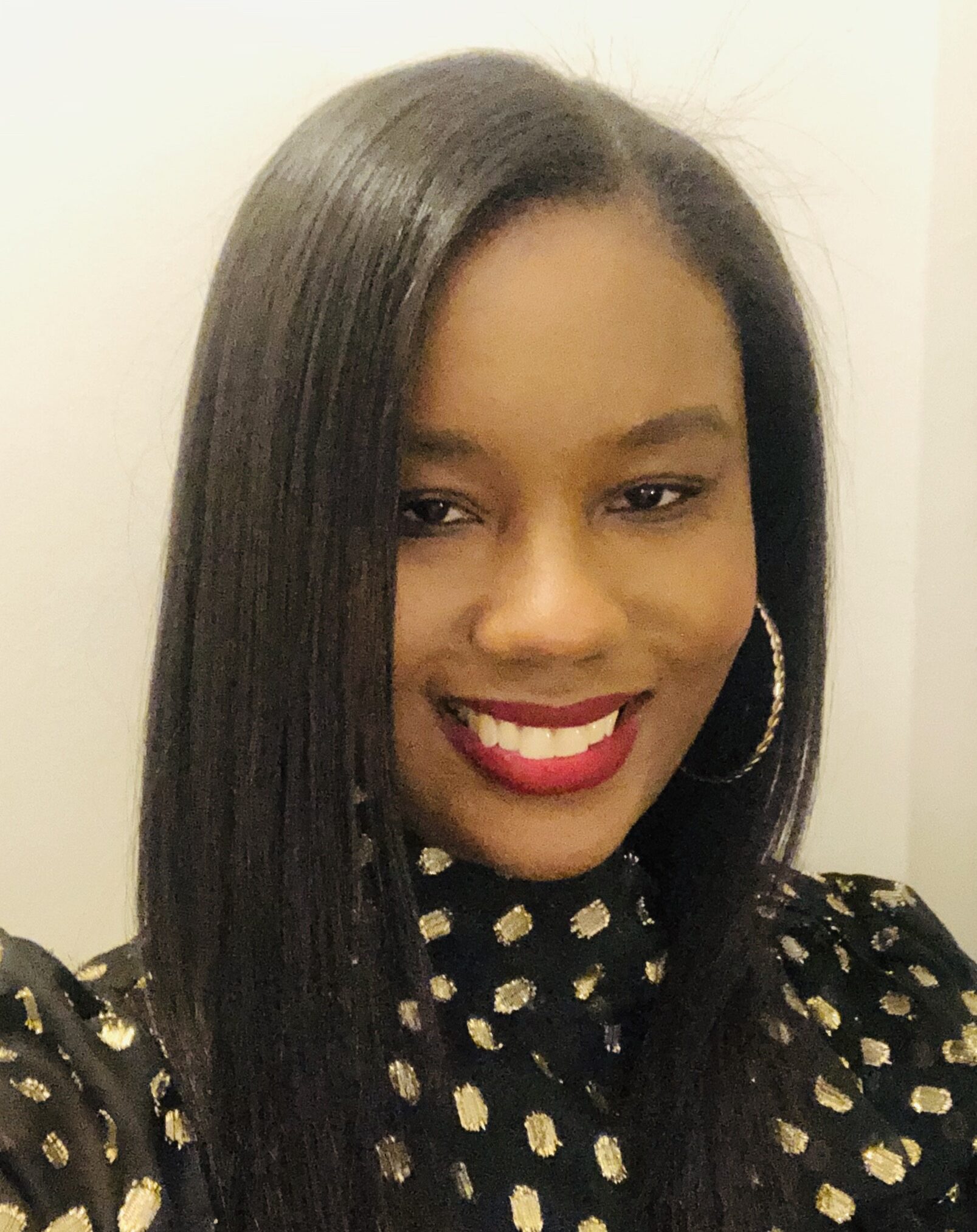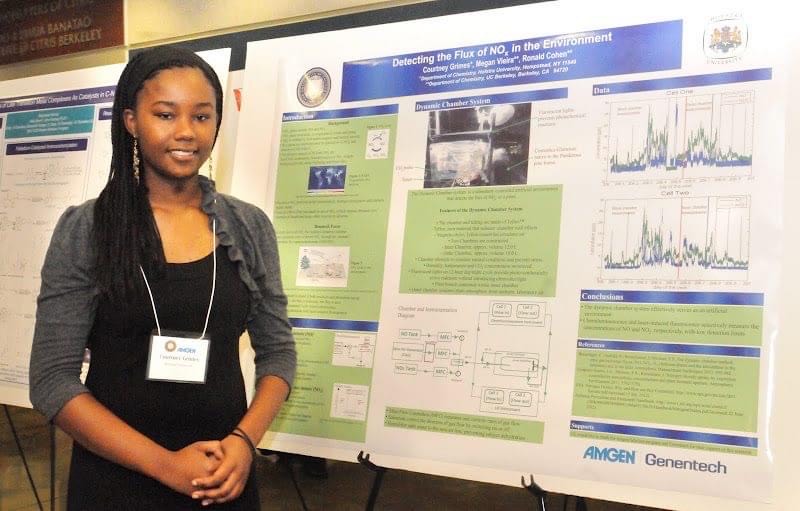
Transforming a Memorable Summer Into an Atmospheric Science Career
One experience can change the course of a life. It may sound cliché but it’s true, especially when it comes to how research experiences can change scientific career trajectories. For Courtney Grimes, her Amgen Scholars summer set her on a new path: toward the atmospheric sciences.
“It was literally life changing because it was the first time I did any atmospheric chemistry,” Grimes recalls of her time as an Amgen Scholar in 2012. “I joined Ron Cohen’s group at UC Berkeley and had my first introduction to atmospheric chemistry research, getting into the lab and quantifying different pollutants, which was what really propelled me into my work in graduate school and getting a PhD.”
Now an atmospheric scientist at the Environmental Defense Fund in Washington, DC, Grimes works with local communities who are impacted by pollutants to help them through science-based data. She also works on outreach, mentoring young girls in STEM—especially aiming to reach young Black students who might not have ever thought about atmospheric science.
“To bring more people of color to this discipline would be wonderful,” Grimes says. “It’s important for students of color to see what atmospheric scientists do and how much fun it can be.”
Throughout her educational and career path, Grimes says that she rarely saw people who looked like her pursuing atmospheric chemistry. At one conference when she was giving a talk, she said she could count on one hand how many persons of color were in the room. Representation is critical, she says, in sparking an early interest in science.
For Grimes, an interest in science came early in life. From watching Bill Nye on TV as a child to participating in the Science Olympiad in high school, Grimes had a deep passion for science. That eventually led to a scholarship from the American Chemical Society and her pursuing an undergraduate degree in chemistry at Hofstra University in New York.
With the boost she got toward atmospheric chemistry through the Amgen Scholars Program, Grimes went to graduate school at the University of Maryland College Park, earning a PhD in chemistry with a specialty in atmospheric chemistry. Her lab work focused on studying absorbing aerosols and different pollutants in the Baltimore-Washington region, as well as in New York City.

Grimes presenting her work as a 2012 Amgen Scholar at the University of California, Berkeley.
In addition to shaping her ultimate research interests, Grimes says that the Amgen Scholars experience was “the best summer of my life.” It was the first time she lived away from home, as she was a commuter student at Hofstra, and Grimes loved meeting other science-passionate individuals and doing fun side trips to the aquarium or a baseball game.
“Eleven years later, I still chat with Scholars from my cohort on social media or meet up when they are in DC,” she says. “It’s cool to have a community of people who you can share news with when you finish your PhD or get a new job or whatnot.”
Along her own path, Grimes has gathered some tid-bits of advice based on her experiences. “Try something new,” she says. “That’s how you can expand your horizons to see if an area of science is best for you. And enjoy and get to know people that you’re working with because they will go with you, whether in friendship, or even for potential jobs.”

